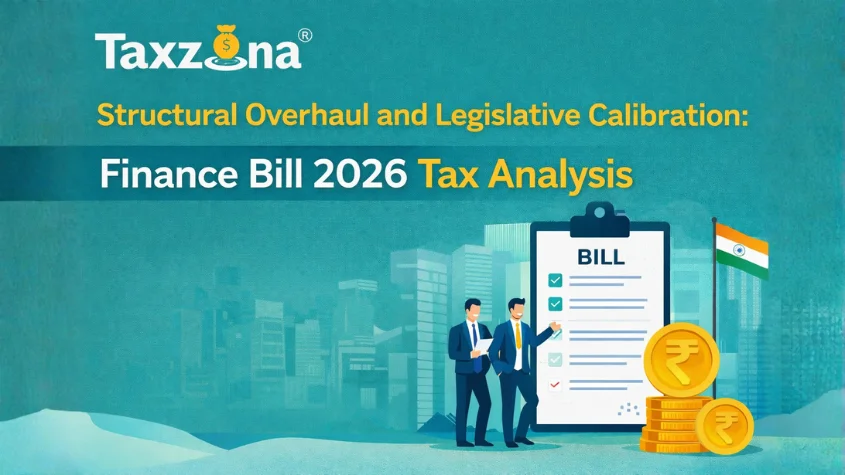
Kerala HC: No GST Penalty for ITC Reporting Errors
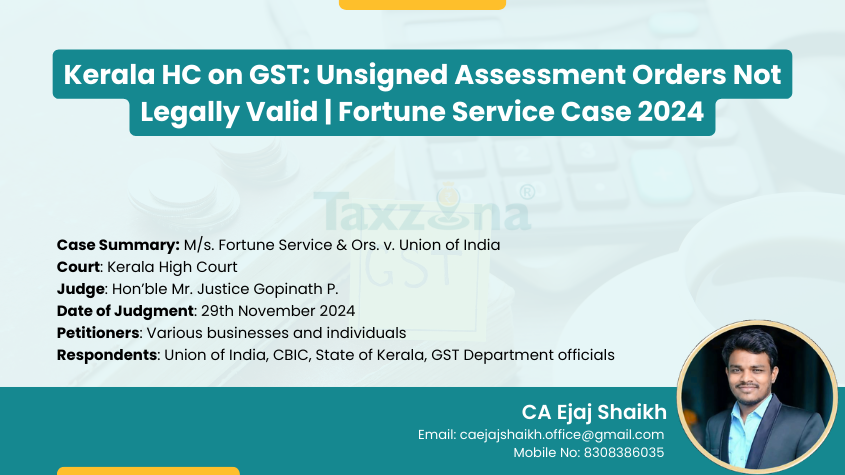
1. Issue Involved
- he central question before the Kerala High Court was whether Section 73 of the GST Act could be invoked against a registered dealer for wrong availment or utilisation of input tax credit (ITC), when the only lapse was a technical reporting error—the bifurcation of IGST credit into CGST and SGST in Form GSTR-3B—without any actual excess credit being availed or any loss of revenue to the Government.
Facts of the Case
- The appellant, Rejimon Padickapparambil Alex, proprietor of Padiken Silks, was a registered GST dealer under the jurisdiction of the 5th respondent. During the period July 2017 to March 2018, the appellant procured various inward supplies from both within and outside the State.
- For inter-state inward supplies, the suppliers had correctly charged and remitted IGST. Under the GST mechanism, the appellant was entitled to avail ITC of the IGST paid, reflect it as IGST credit in Form GSTR-3B, and then utilise it for payment of outward tax liabilities—either as IGST (if applicable) or by splitting into CGST and SGST in accordance with utilisation rules.
- However, due to an inadvertent mistake, instead of showing the IGST component as available IGST credit in GSTR-3B, the appellant entered “nil” for IGST and directly split the IGST value into its CGST and SGST components, adding them to the respective existing credits. This caused a mismatch between GSTR-2A (which showed IGST credit from suppliers) and GSTR-3B (which reflected increased CGST/SGST credits and no IGST).
- The Assessing Authority treated this as utilisation of “unavailable credit” and issued a notice demanding reversal of the CGST and SGST amounts so utilised. The demand was confirmed through order under Section 73 of the GST Act. The appellant contended that the ITC was fully eligible, that there was no revenue loss, and that the error was purely procedural and technical in nature.
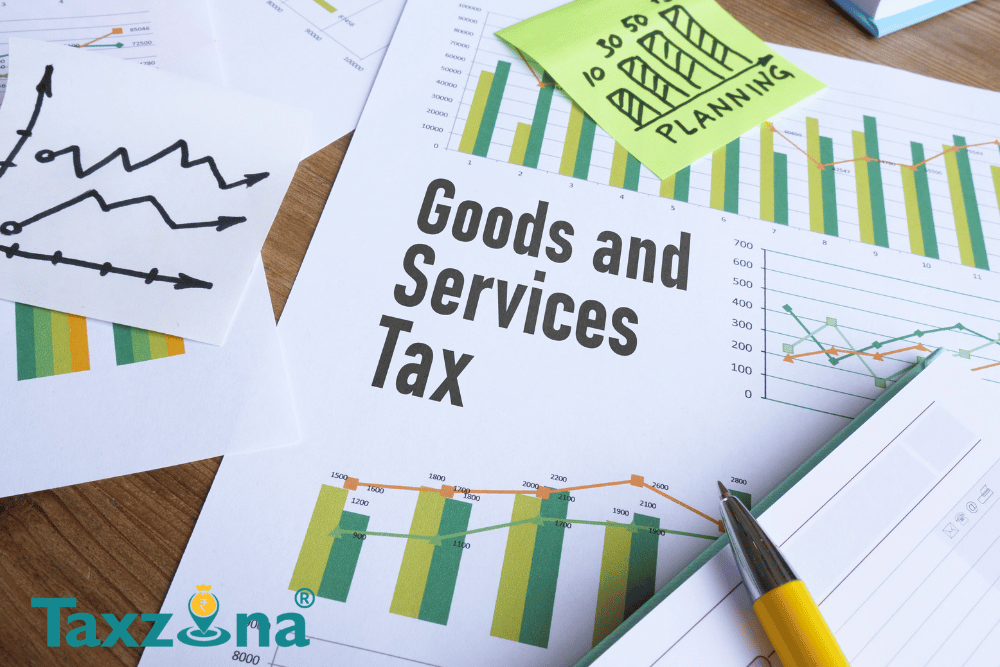

3. Observations of the Court
- The Division Bench noted that the mistake was one of reporting and not of substance. The appellant had not claimed more credit than entitled, nor had any transaction occurred that would result in revenue loss.
- The Court referred to a parallel decision by the Assistant Commissioner of Central Tax, Bengaluru, where a similar issue was examined and it was held that utilisation of CGST/SGST instead of IGST—when arising out of bifurcation of eligible IGST credit—was permissible in effect, as per Section 49(5) of the GST Act.
- The Assistant Commissioner had applied CBIC Circular No.192/04/2023-GST dated 17.07.2023, which clarified that for purposes of utilisation and interest calculation, the total ITC balance in the electronic credit ledger (IGST + CGST + SGST) is to be viewed as a single pool of credit.
- So long as the combined pool did not fall below the wrongly classified amount during the relevant period, there was no interest or liability. The Division Bench endorsed this view, stating that the law allows IGST credit to be utilised for payment of CGST and SGST liabilities and vice versa, subject to statutory restrictions. The Court also emphasised that such technical mismatches should not be treated as “wrong availment” within the meaning of Section 73 when there is complete revenue neutrality.
4. Judgment of the Court
- The Kerala High Court set aside the judgment of the Single Judge and quashed demand order.
- It declared that the appellant’s conduct did not amount to excess availment of ITC and that proceedings under Section 73 were not justified.
- The Court further observed that if the State Government was concerned about receiving its share of IGST revenue from the Centre, it could approach the GST Council for necessary settlement directions, producing a copy of this judgment along with its representation.
5. Case Law Relied Upon
- The appellant and the Court referred to Saji S. Vs. Commissioner of State GST, 2018 (19) GSTL 385 (Ker.), wherein it was held that tax paid under one head can be adjusted against another and that assessee should not be penalised for procedural errors when the tax liability itself has been discharged.
6. Key Learnings from the Judgment
This judgment underscores several important principles:
- Substance over form in GST compliance – Procedural mismatches in reporting, without excess credit or loss of revenue, should not attract penal provisions under Section 73.
- IGST credit utilisation flexibility – IGST credit, once validly availed, can be used for payment of CGST and SGST liabilities as per Section 49(5).
- Single credit pool approach – As per CBIC Circular No.192/04/2023-GST, the total ITC in all heads is considered together for utilisation and interest purposes.
- Litigation reduction – The judiciary encourages administrative resolution of procedural disputes to reduce the litigation burden and ensure fairness in tax administration.
7. Conclusion
The Kerala High Court’s decision in Padiken Silks provides a clear precedent that technical reporting errors in GST returns, without revenue loss or excess credit availment, do not justify proceedings under Section 73. It aligns with both statutory provisions and CBIC guidance, reinforcing that GST compliance must be assessed in substance rather than penalised for form-based lapses.
This ruling also promotes the approach of resolving such disputes at the officer level, reducing unnecessary litigation and fostering a fairer, more efficient tax system.
Recent Post

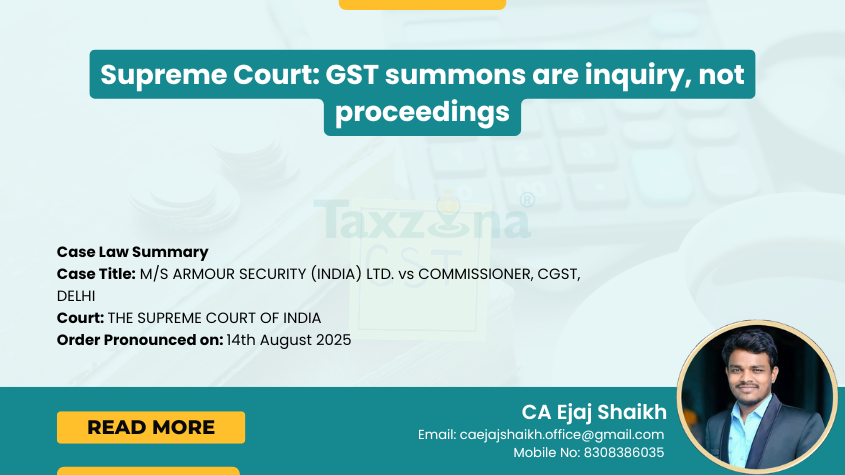
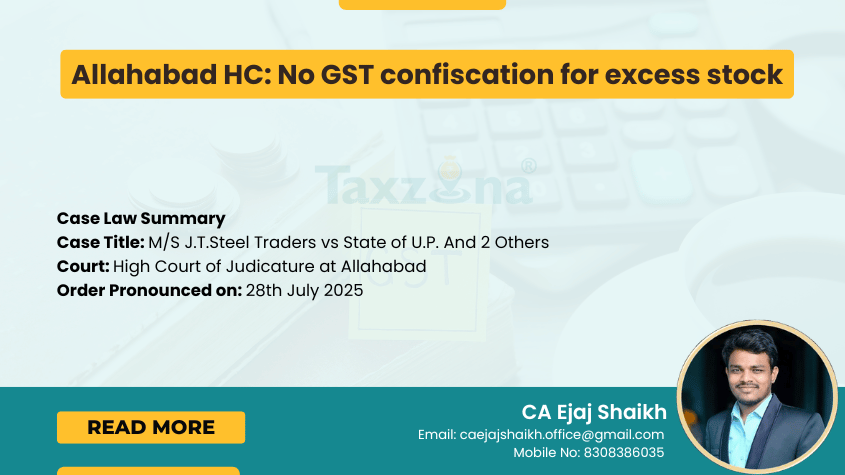
Have Any Question?
Our experts at Taxzona are here to help you with GST, Income Tax, and all your financial queries. Get reliable guidance tailored to your business and personal needs.

